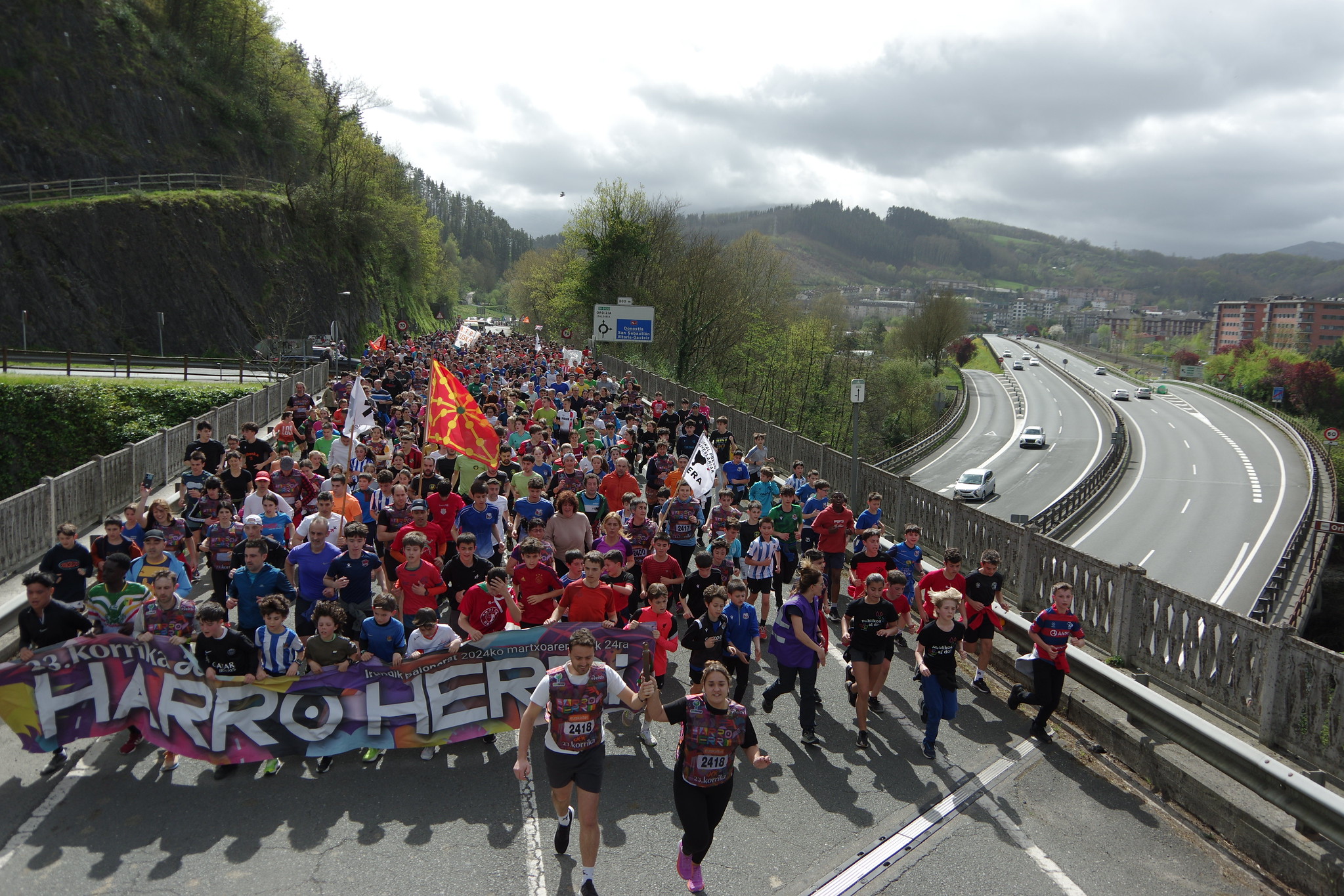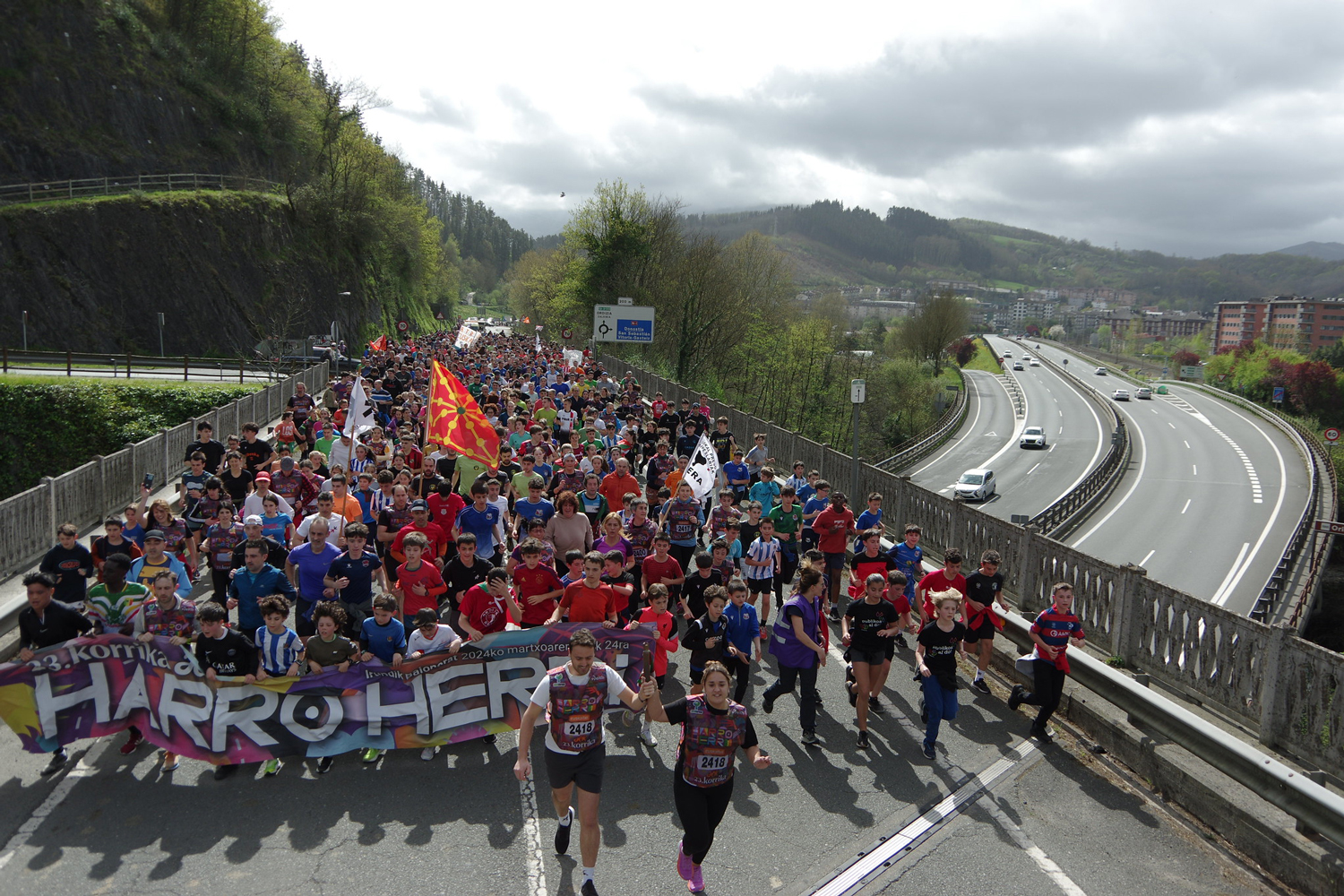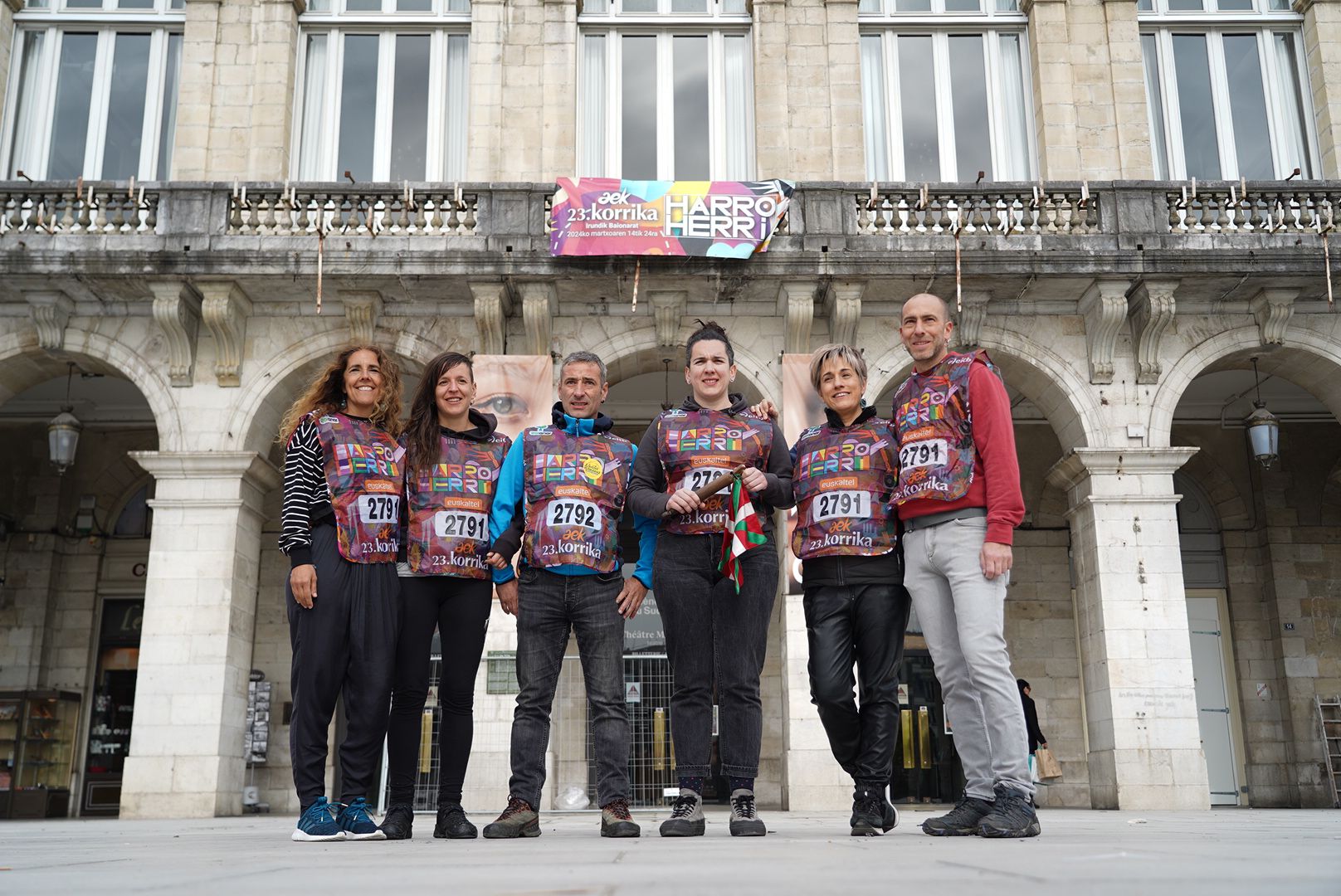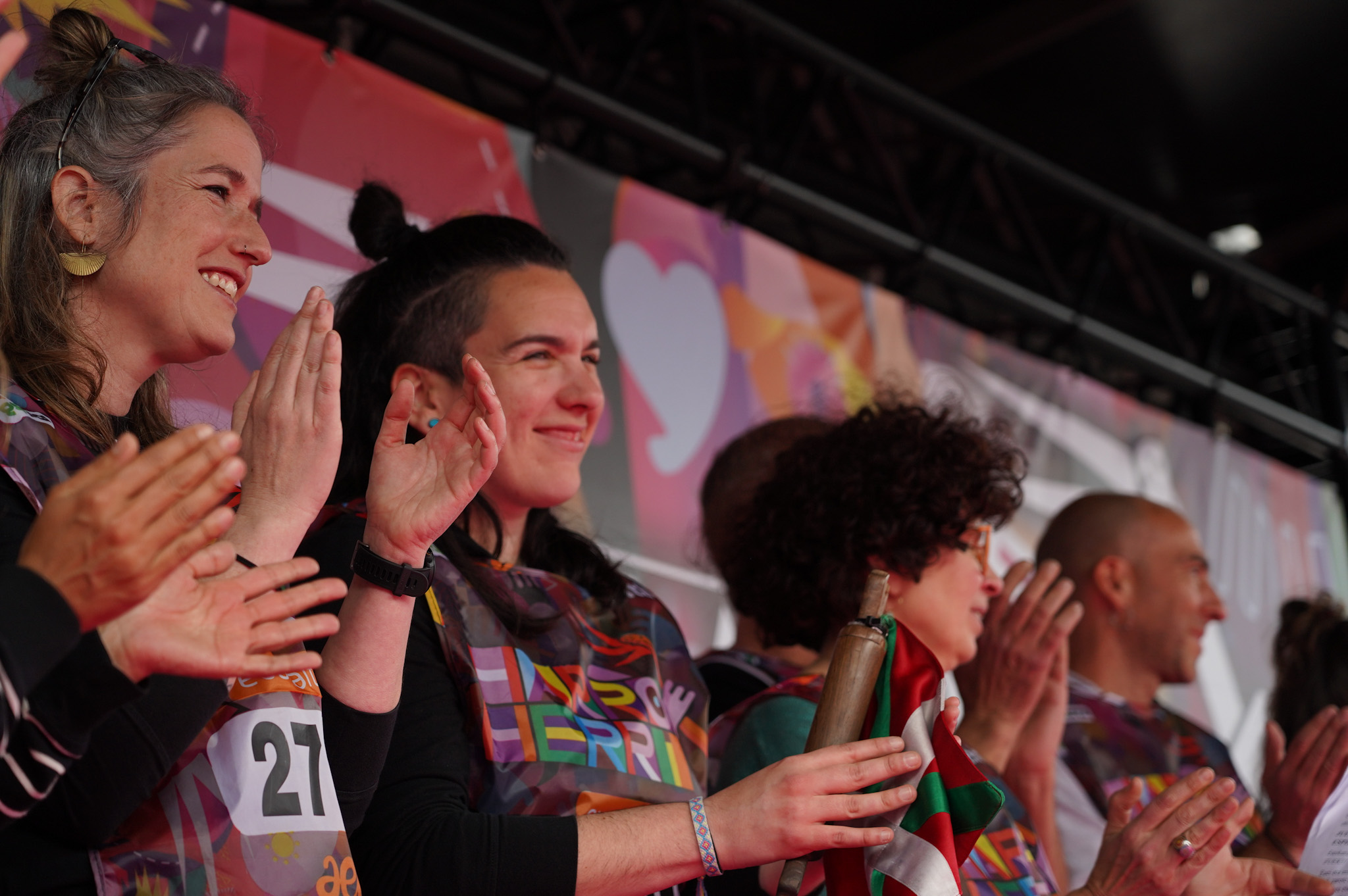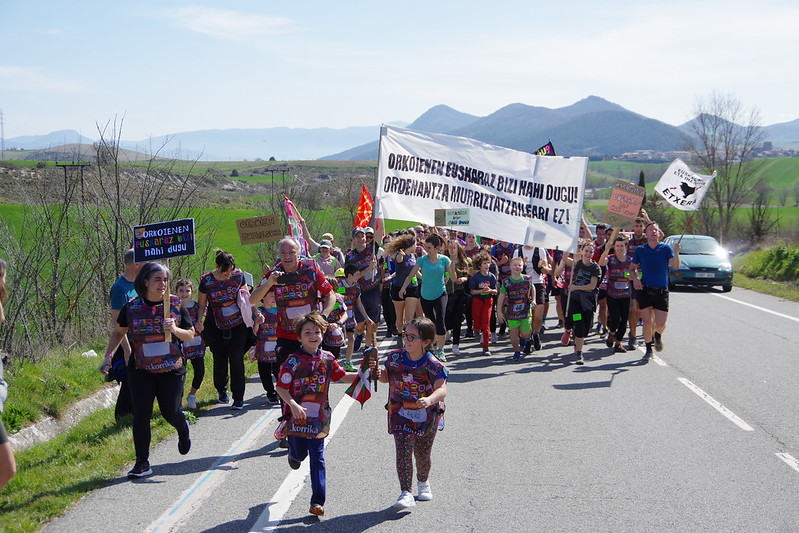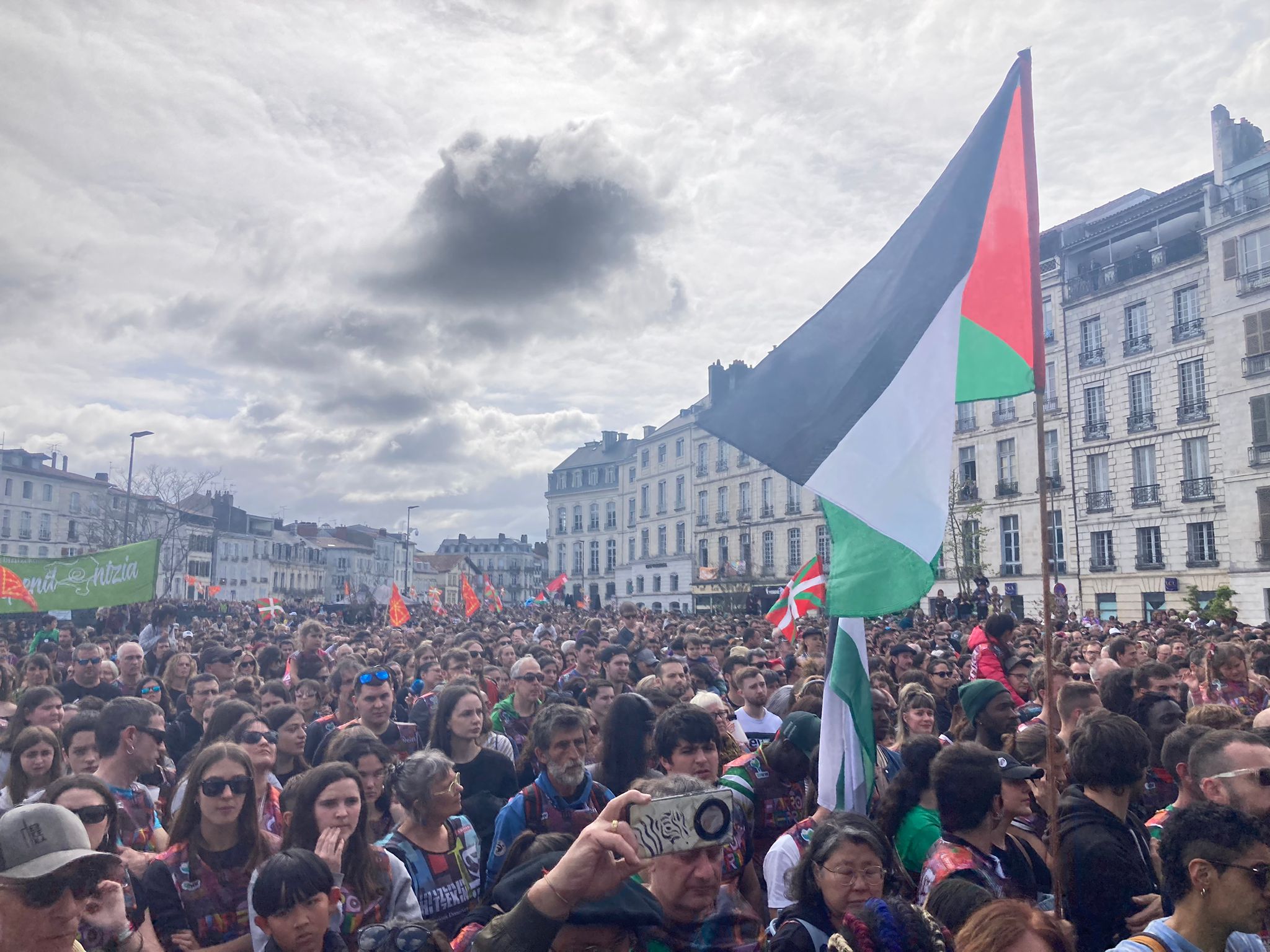The biggest initiative in support of a language taking place in the Basque Country: Korrika
On March 30th Basque citizens will launch the most packed initiative a country does for its language. Hundreds of thousands will participate in an initiative that passes the baton from hand to hand without interruption; the same baton that has become a symbol of the language itself. Over 11 days and 10 nights, a language festival that will go on for over 210 hours which will run through most Basque villages and cities, in total a distance of around 2300 kilometres. The Basque Country is situated in the southern part of the French State and in the northern part of the Spanish State, in Europe.

aurre egingo dieten hedabide independenteak
In the following video some images of last year’s Korrika can be seen:
The organizers insert in the baton a secret message that is read at the end of the festival, after having passed through thousands of hands. It is considered an honour to carry the wooden baton with the symbol of the Basques and thus, different associations and organisation “buy” kilometres in support of the Basque language. AEK, the organisation responsible for teaching the Basque language to adults is the organizer of this gigantic crowd-funding event and the collected money goes to them.
The Basque language has been close to disappearing. Currently around a million people speak Basque and according to UNESCO it is at risk of disappearing especially in some areas. In certain areas it is an official language but not in most of the Basque territory. Korrika brings the whole territory together in a festive atmosphere. The citizens that support their language organize different type of events when Korrika passes through their towns and cities.
This initiative as well as its organizer AEK, was created by the people themselves. Korrika takes place once every two years and this year is the 20th edition. Due to its success other communities of lesser used languages have started to organize this same initiative in their own countries. In Catalonia, Ireland, Brittany, Wales, Galiza and the Valle of Aran they run in support of their languages.
.jpg)
Why does the Basque language need Korrika?
The Basque language has suffered a great decline, especially in the last three centuries. Mocking those who spoke Basque, fines and beatings for speaking the only language they knew are but a few examples Basques had to endure. Among other factors it was the psychological pressure that played a major role on people to change their language. Most linguists agree that the linguistic policies applied by Spain and France against the Basque language have had a direct impact.
The ring is probably the strongest symbol of oppression that the Basque language has suffered. It was prohibited to speak Basque at school and when a teacher heard a child speaking it, He/she used to give him/her the ring. The children had to pass the ring to any other children speaking in Basque. They made children become informers and the one who had the ring at the end of the week was punished, often physically. Many Basques hated their language because of the ring and they even refused to transmit it to their children because of the suffering that it implied. The compilation of testimonies in the Basque Country demonstrated that the practice of the ring was a general practice at least in the last two centuries. Many Basques which suffered the practice of the ring are still alive.
The Basque language was prohibited during a dictatorship that went on for over 40 years. Plane clothes police used to spy on the language people spoke in the streets in order to punish those speaking in Basque. They nearly erased the Basque language from public life arguing that it was a language against modernisation.
Starting in the 50`s people created clandestine structures and by the 60´s they started teaching Basque in private houses. A new movement in support of the language was born. In the 70`s with the political situation ready to blow up thousands of Basque citizens became literate in Basque in the AEK schools (AEK: Community based organisation teaching the Basque language) created by the movement in support of the Basque language. Once the dictatorship was over, in 1980 some visionaries of the time came up with the idea to organize Korrika in order to get funding.
After 35 years of that event the Basque language still isn´t official in most of its spoken territory. In some areas the public schools don´t offer the possibility to study though the medium of Basque and consequently thousands of children have to travel thousands of kilometres per year in order to attend the Basque schools situated in other towns. In the areas in which the Basque language has an official status significant progress has been made but nevertheless the Spanish government continue to report to the courts the city councils operating though the medium of Basque. In addition to this Basque people can hardly forget the day in which the Spanish police closed down the only newspaper edited in Basque in 2003. The journal “Egunkaria” had been financed by public fund raising. The board of Directors were arrested and tortured by the Spanish police. In the French State only the French language has an official status and the schools teaching through the medium of Basque have been taken to court in the past. Furthermore, a village that only last January declared the Basque language as its official language was taken to court too.
(1).jpg)
“Spread the Basque language and let’s all join Korrika”
According to some experts of the existing 7000 languages in the world half of them will disappear during this century. There is still a major work to be done in order to normalize the Basque language in the Basque Country but the language itself is still alive.
“Euskara, the Basque language is our only free territory.” “A language doesn´t disappear because those who don’t know it don`t learn it but because those who know it don`t use it.” “It is amazingly beautiful to hear you speaking in Basque.” These are some of the sentences written on t-shirts, bars, and the streets of the Basque Country. Korrika is a gigantic initiative that demands the implication of hundreds of volunteers and as a people Basques are proud to make it happen.
With this initiative thousands of Basque citizens will charge their inner energy to keep supporting their language, they will empower themselves and they will continue having their own vision of this world.
.jpg)
Article originally written by Lander Arbelaitz in ARGIA, translated to English by Igor Letona.








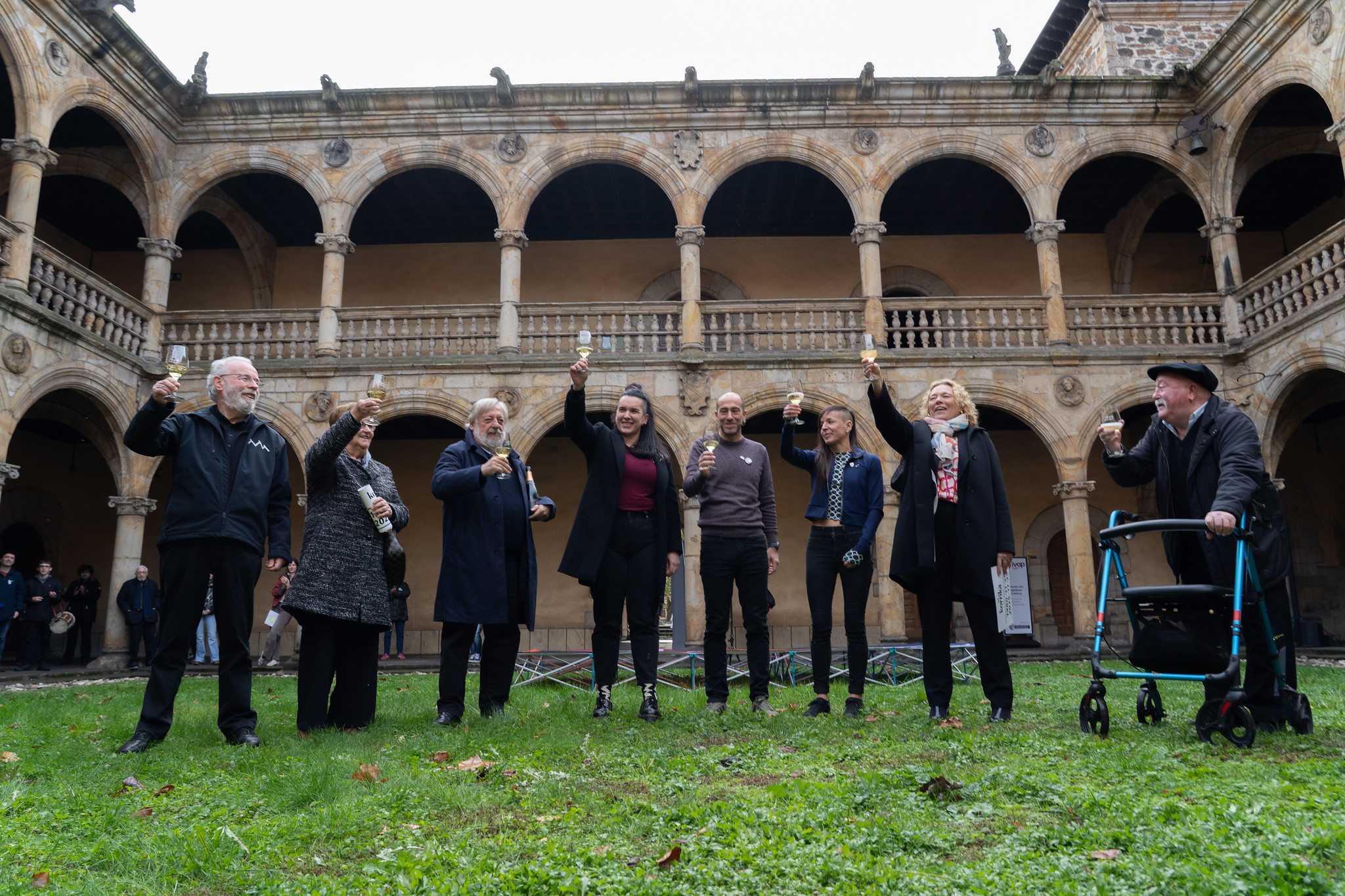

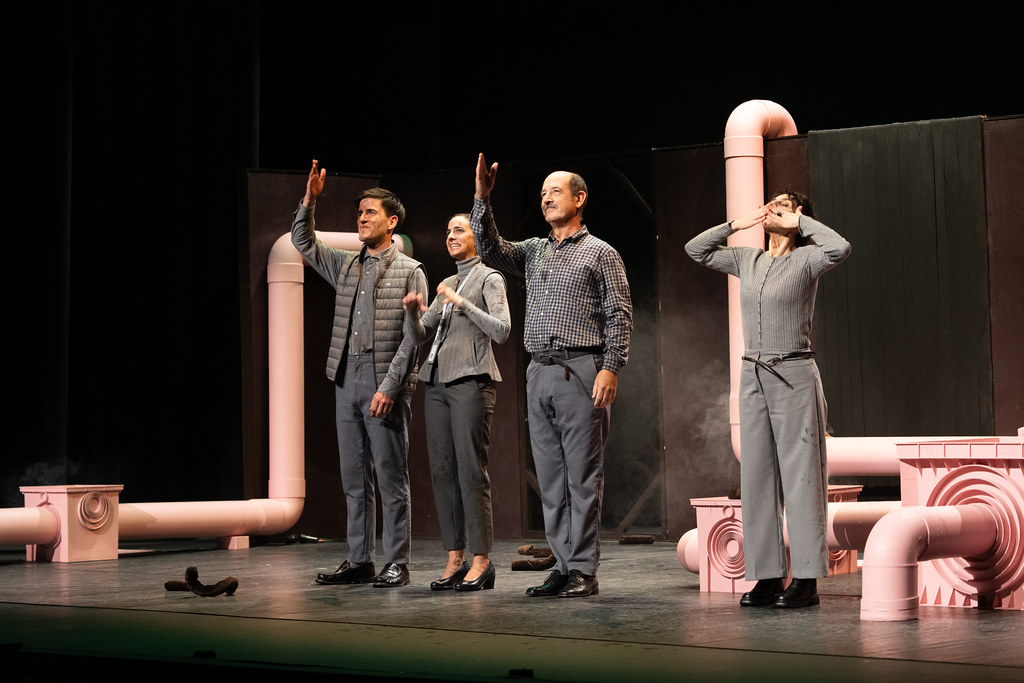
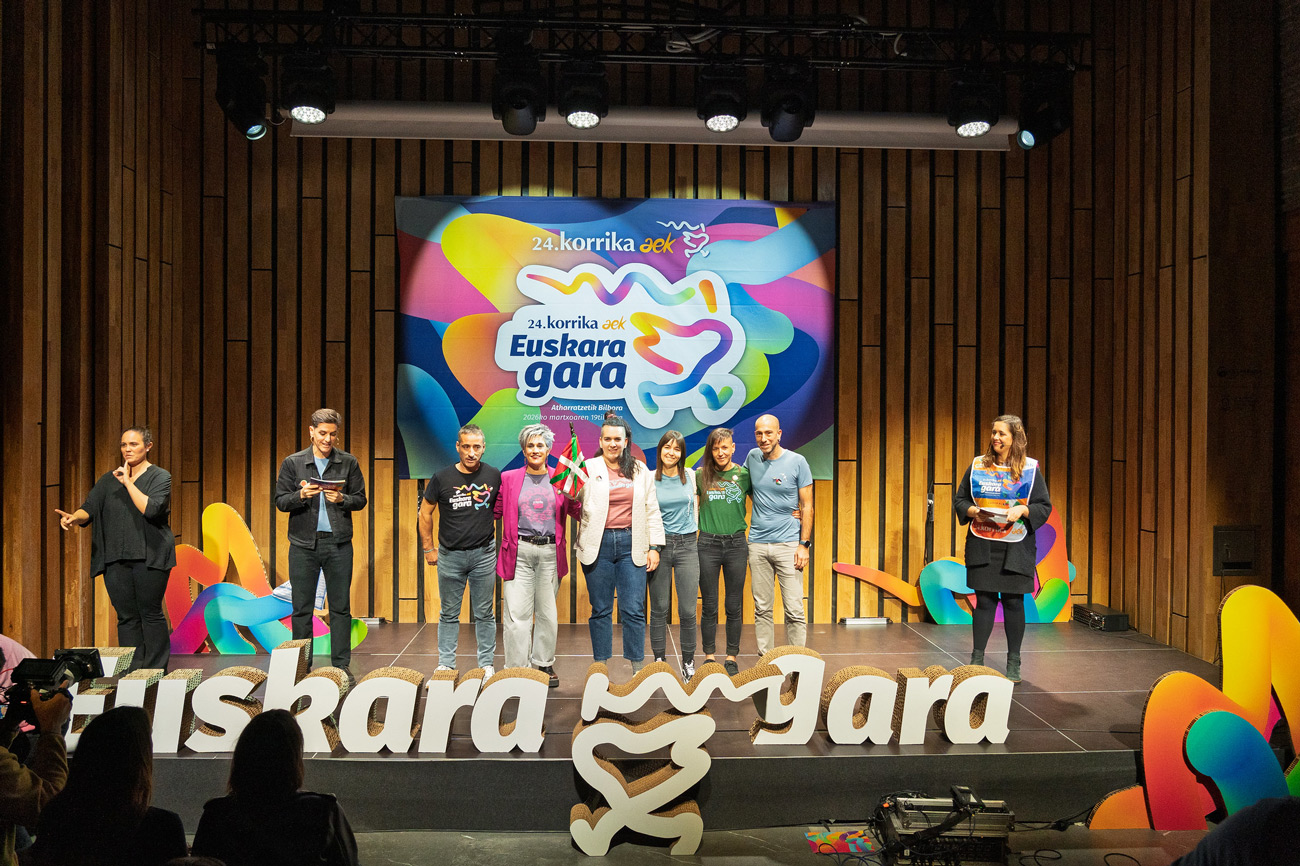
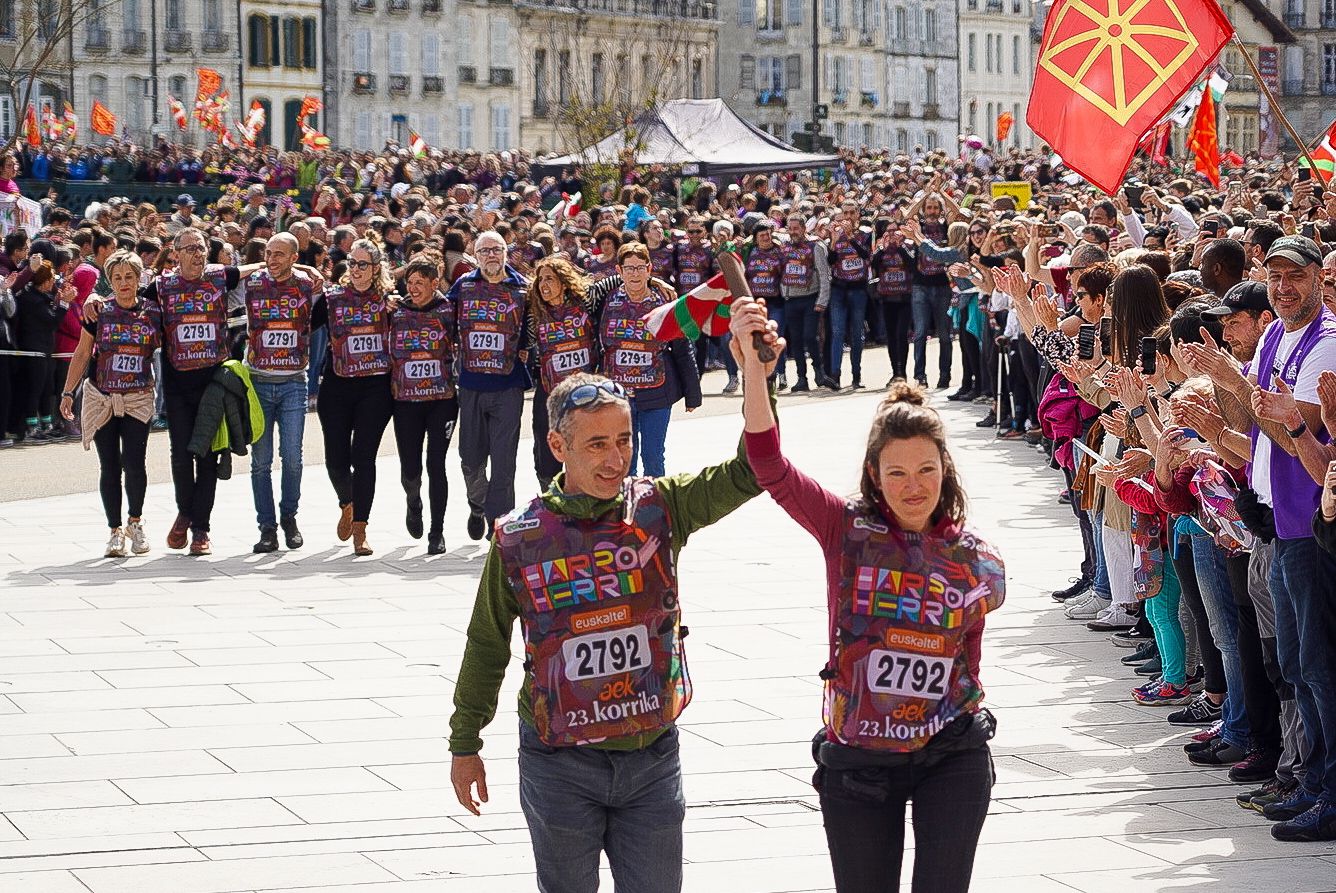
.jpg)


